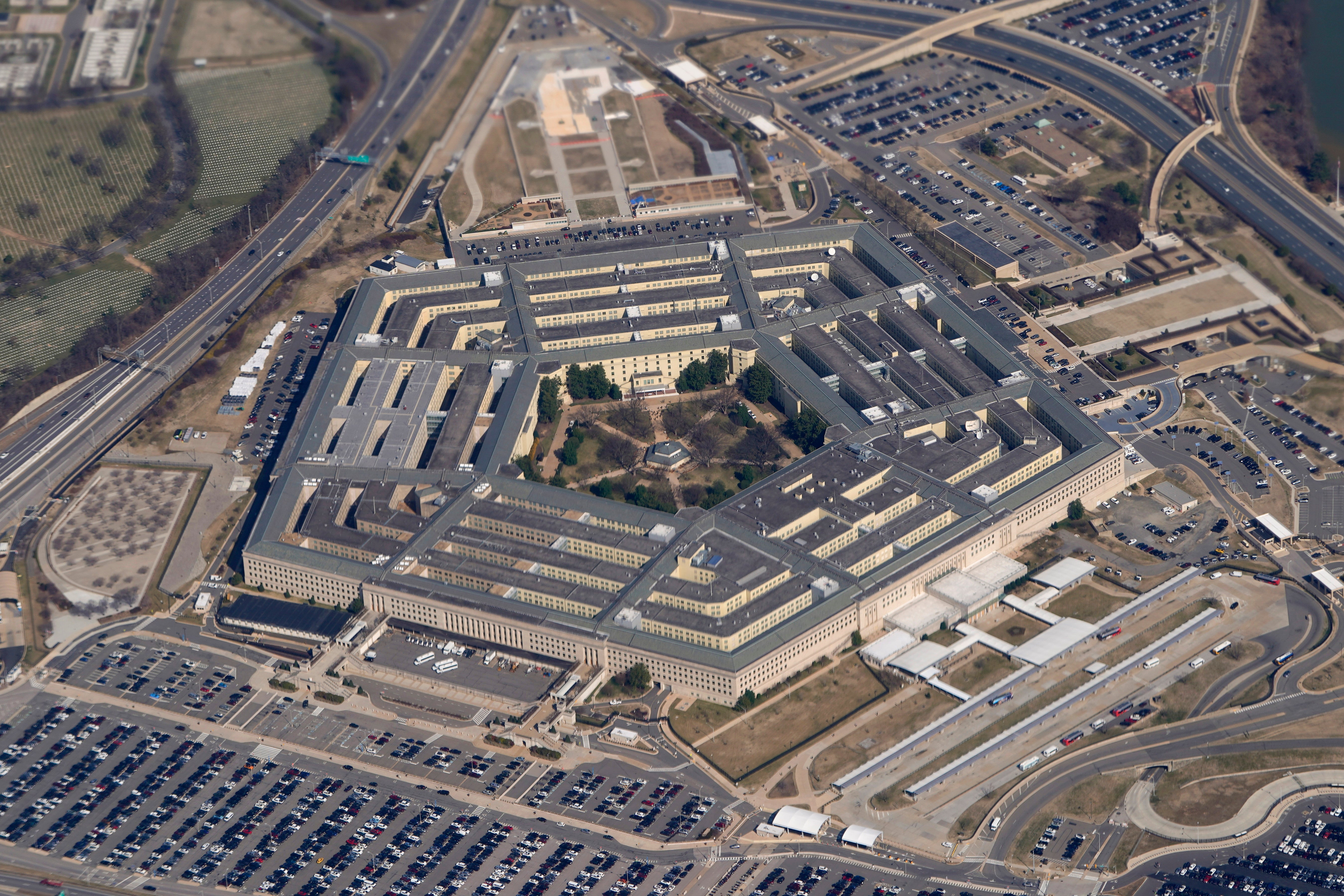How does the new Pentagon UFO website work?
Website is described as a ‘one-stop shop’ for publicly available records related to UFOs

Your support helps us to tell the story
From reproductive rights to climate change to Big Tech, The Independent is on the ground when the story is developing. Whether it's investigating the financials of Elon Musk's pro-Trump PAC or producing our latest documentary, 'The A Word', which shines a light on the American women fighting for reproductive rights, we know how important it is to parse out the facts from the messaging.
At such a critical moment in US history, we need reporters on the ground. Your donation allows us to keep sending journalists to speak to both sides of the story.
The Independent is trusted by Americans across the entire political spectrum. And unlike many other quality news outlets, we choose not to lock Americans out of our reporting and analysis with paywalls. We believe quality journalism should be available to everyone, paid for by those who can afford it.
Your support makes all the difference.The US Department of Defense (DoD) has launched a dedicated website aimed at providing the public with access to declassified information about Unidentified Aerial Phenomena (UAPs) – often colloquially referred to as UFOs.
This initiative, part of ongoing efforts to bring transparency to the mysterious world of unidentified aerial phenomena, was launched on Thursday 31 August.
Described as a "one-stop shop" for publicly available records related to UFOs, the website is designed to offer the public insights into the work of the All-domain Anomaly Resolution Office (AARO).
This office was established by Congress in response to growing interest and concern about UAPs.
“This website will provide information, including photos and videos, on resolved UAP cases as they are declassified and approved for public release,” the DoD said in a statement.
The website’s other content includes reporting trends and a frequently asked questions section as well as links to official reports, transcripts, press releases, and other resources that the public may find useful.
"The posting of the website is the next step in this process, in terms of ensuring that the public has information and insight into UAPs,” said Brigadier General Pat Ryder, the Pentagon’s press secretary.
“So what you see today is what has been declassified to date."
A day after its launch, the website featured a limited selection of videos, some labelled "unresolved" or "unclassified," each accompanied by brief descriptions explaining assessments conducted by the AARO. Additionally, it contains sections labelled "Coming Soon," indicating more content is on the horizon.
In future the website is expected to host photographs and videos related to resolved UAP cases as they are declassified and approved for public release. It will also include links to reports, transcripts, and resources such as aircraft, balloon, and satellite tracking sites.
The Pentagon has plans to update the website in the autumn to incorporate a reporting tool, allowing current and former US government employees, service members, and contractors to securely submit reports regarding UAP encounters.
A similar tool for the general public is also expected to be introduced in the coming months.
"The department is committed to transparency with the American people on AARO’s work on UAPs,” General Ryder said. “We review the facts and, when possible, declassify the information to make it publicly available."
The release of this website comes in the wake of increasing demands for greater transparency surrounding UAPs.
Last month, David Grusch, a former US intelligence official, testified before a House Oversight subcommittee alleging the existence of a "multi-decade" Pentagon programme focused on collecting and reassembling damaged UAPs. He also claimed the discovery of "non-human biologics" among the wreckage of these objects.
In response to Mr Grusch's claims, the Pentagon stated that it had not found verifiable information to substantiate these assertions.



Join our commenting forum
Join thought-provoking conversations, follow other Independent readers and see their replies
Comments